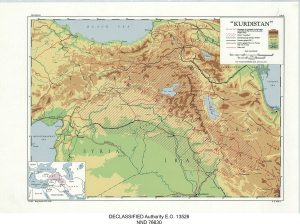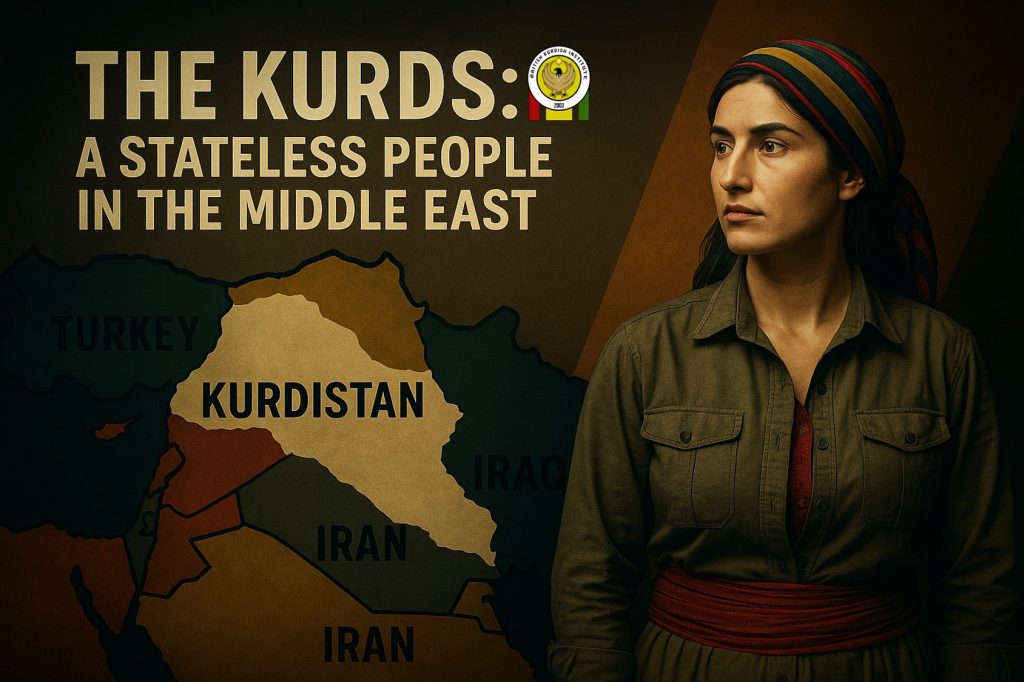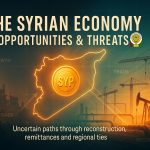Introduction
The Kurds are one of the largest stateless ethnic groups in the Middle East, with an estimated population of 30 to 40 million people. Their homeland, often referred to as Kurdistan, stretches across Turkey, Iraq, Iran, and Syria. Despite their size and long history, Kurds remain divided among four nation-states, struggling for recognition, autonomy, and cultural survival.
This article explores the demographic distribution, cultural identity, historical background, and contemporary challenges facing the Kurdish population in the Middle East.
Demographic Distribution of Kurds
1. Kurds in Turkey
Turkey is home to the largest Kurdish population, estimated at around 15 million. Most live in the southeastern provinces such as Diyarbakır, Mardin, and Van.
For decades, Kurds in Turkey faced systemic oppression, including bans on their language and suppression of cultural practices, especially during the state’s aggressive nation-building process.
2. Kurds in Iraq
In Iraq, the Kurdish population numbers 5 to 6 million. They enjoy a higher level of political autonomy under the Kurdistan Regional Government (KRG), established in the 1990s after the Gulf War. Iraqi Kurds are concentrated in the provinces of Erbil, Sulaymaniyah, and Duhok, where the Peshmerga forces play a central role in regional security.
3. Kurds in Iran
Iran’s Kurdish population is estimated at 8 to 10 million, living mainly in the provinces of Kurdistan, Kermanshah, and West Azerbaijan. While Kurds in Iran have a long history of calls for greater autonomy, the Iranian state maintains strict control, often resorting to repression of Kurdish political and cultural rights.
4. Kurds in Syria
Syria hosts 2 to 3 million Kurds, primarily in the north, especially in Kobani and al-Qamishli. The outbreak of the Syrian Civil War created opportunities for Kurdish self-rule. The region of Rojava emerged as a quasi-autonomous zone, marked by both achievements in self-governance and challenges due to ongoing conflict.

Cultural Identity of the Kurds
Kurdish culture is vibrant and deeply rooted in tradition.
-
Language: Kurdish belongs to the Iranian branch of Indo-European languages, with major dialects such as Kurmanji, Sorani, and Zazaki.
-
Festivals: Newroz, the Kurdish New Year, symbolizes rebirth, freedom, and unity, serving as a powerful expression of identity.
-
Religion and Diversity: While most Kurds are Sunni Muslims, there are also significant communities of Shia Muslims, Yezidis, and Christians, adding to the cultural mosaic.
-
Arts and Traditions: Kurdish music, dance, and oral traditions continue to play a crucial role in preserving their identity.
Historical Background
The Kurdish struggle for recognition and autonomy has deep historical roots.
-
After World War I, the Treaty of Sèvres (1920) promised Kurds an independent state. However, the Treaty of Lausanne (1923) nullified these hopes, dividing the Kurds across four states: Turkey, Iraq, Iran, and Syria.
-
Throughout the 20th century, Kurdish uprisings were repeatedly suppressed by central governments.
-
The rise of groups like the PKK in Turkey and the Peshmerga in Iraq reshaped Kurdish political and military influence.
Despite repression, Kurds have consistently resisted assimilation and maintained their cultural distinctiveness.
Contemporary Challenges Facing the Kurds
-
Political Repression: In Turkey and Iran, Kurdish political parties and activists face strict crackdowns, with bans on language, expression, and organizing.
-
Conflict and Displacement: Wars in Syria and Iraq have displaced hundreds of thousands of Kurds. The fight against ISIS highlighted Kurdish resilience but also brought heavy costs.
-
Internal Divisions: Kurds are fragmented among different political and militant groups, often weakening their collective push for autonomy.
-
International Dynamics: Global powers often use Kurdish alliances for strategic purposes, sidelining long-term Kurdish aspirations for statehood or recognition.
Conclusion
The Kurdish population of the Middle East is marked by a rich cultural heritage and a centuries-long struggle for autonomy and recognition. Despite repression and geopolitical challenges, the Kurds remain resilient.
Their future depends on both internal unity and international support for their rights. Recognition of Kurdish identity and cultural freedoms may pave the way for peace and stability in a region where Kurds continue to play a pivotal role.









